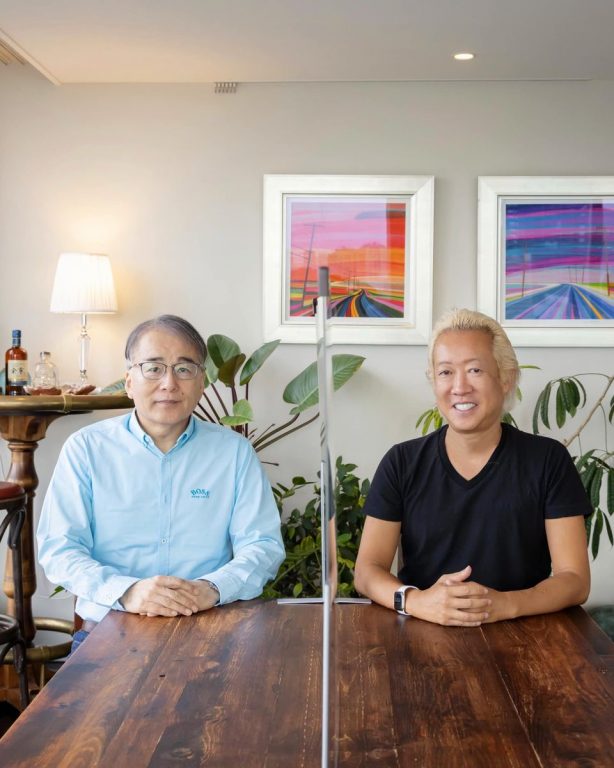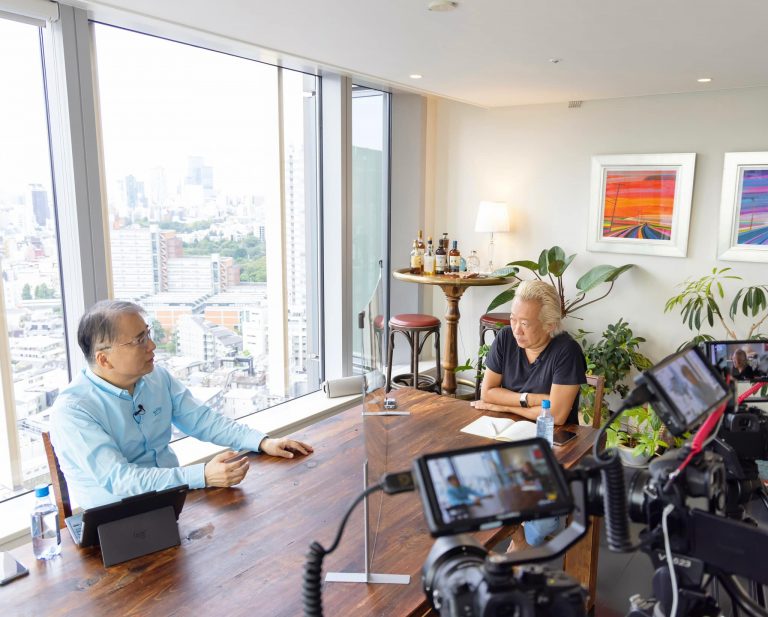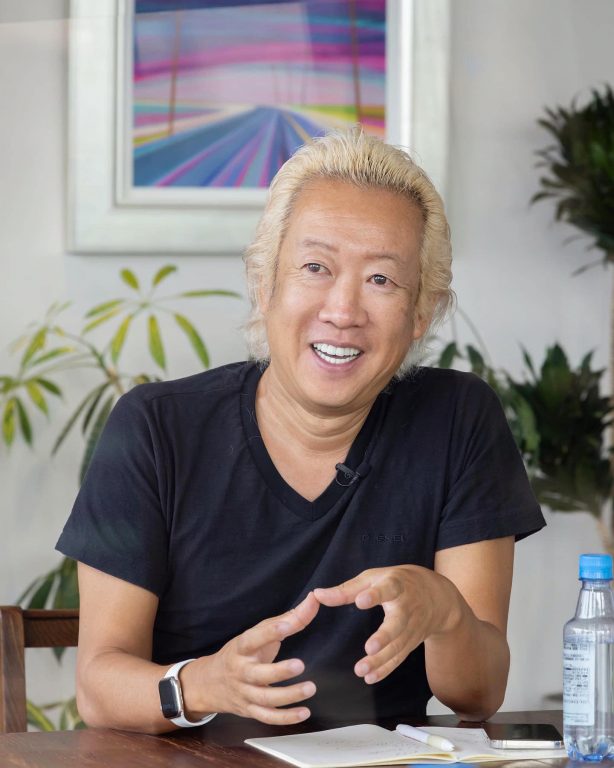Talked dialogue 【Editing the World: How Editors and Managers Update Their Work 】 (Part 2) Shinsuke Tsutsumi, former editor-in-chief of the international magazine Foresight, and Jun Fukuda, brand consultant

The events in Ukraine will cascade like a virus and affect Japan and the world. We need to be educated to properly assess the current state of the world.
Tsutsumi’s story is full of tips and tricks, so please read it! There is also a YouTube version.
—————————-
Talked dialogue 【Editing the World: The Art of Updating Editors and Managers 】 (Part 2)
Shinsuke Tsutsumi, former editor-in-chief of Foresight, an international information magazine x Jun Fukuda, brand consultant
Tsutsumi: “In Tokyo, Japanese people tend to feel as if they are at the center of information. But when you look at it from a global perspective, we live in a world of extremely limited information.
That is already something I really feel keenly when I look at things overseas regarding international affairs. For example, in the case of the British, there have always been adventurers and explorers, such as Livingstone and Stanley, and it was commonplace for them to have knowledge of even the terrain of the interior of Africa in their heads. Or even military and security knowledge, like what size battleship and how many destroyers and what size battleships and destroyers were in which country, ……. In the past, in the 19th and 20th centuries, it was commonplace for a certain segment of the population to have such knowledge of the world.
One of the reasons why we were able to consolidate all those things, even though we didn’t have the Internet back then, was the existence of “yearbooks. For example, the “Utica Almanac,” which is often mentioned in Sherlock Holmes stories, or the “Jane’s Navy Almanac. The latter now publishes a weekly magazine called “Jane’s Defense Weekly,” which deals with military and munitions industry information, but military and world affairs were compiled in yearbooks, and the national power of each country at that time was noted. This kind of attention to detail continues to this day in the United Kingdom.
Of course, I am not suggesting that Japan should now have a yearbook that gives a bird’s-eye view of the world, but rather that we should not lose the enthusiasm that lies at the root of such a yearbook, namely, the desire to know various things about the world. Europeans still have the same enthusiasm to “know as much as you can,” not only about their own country, but also about the periphery, and even about countries that they will probably never visit.




Keitaro Takeda, Noriyuki Katsuragi, and 33 others








